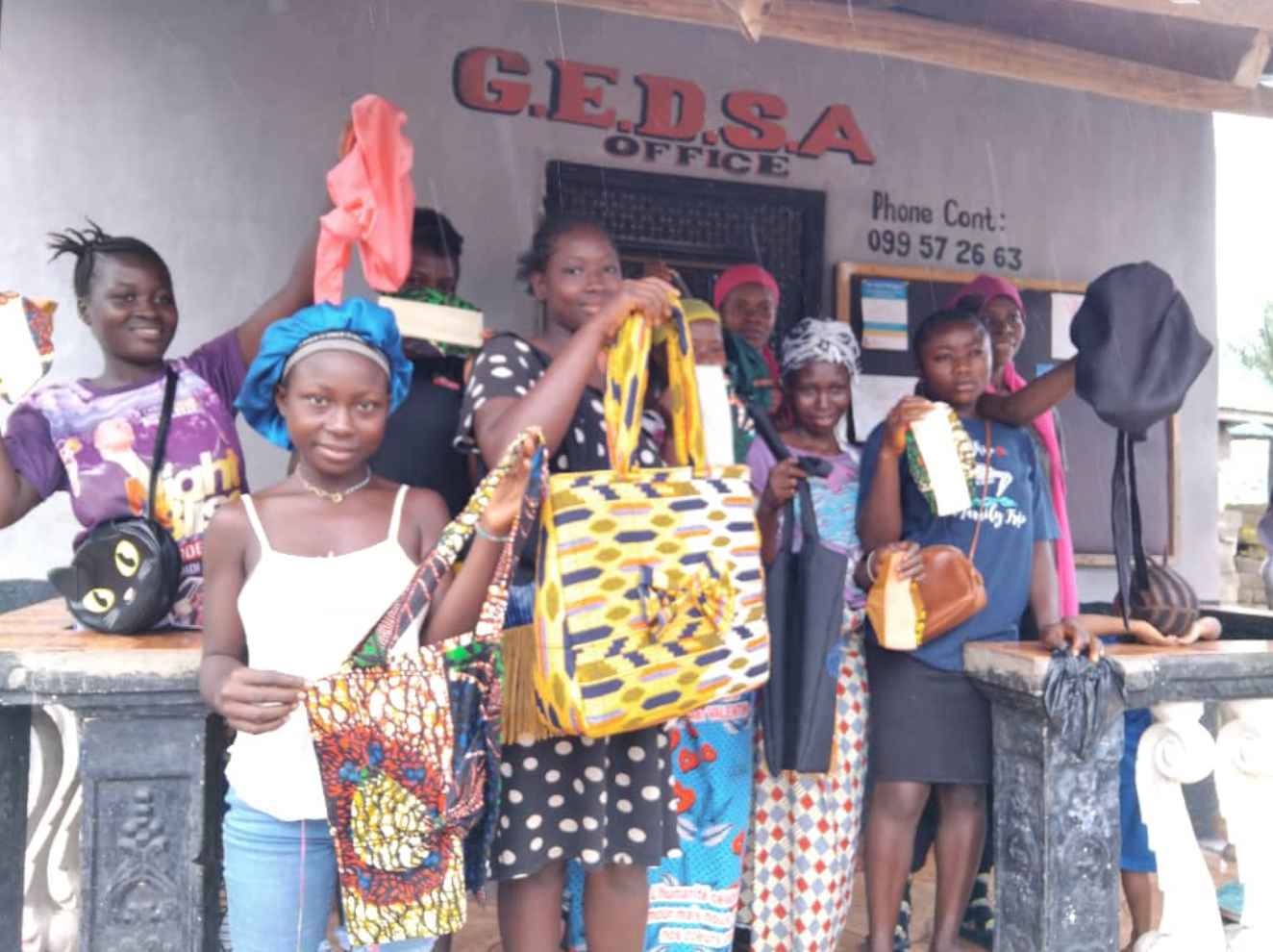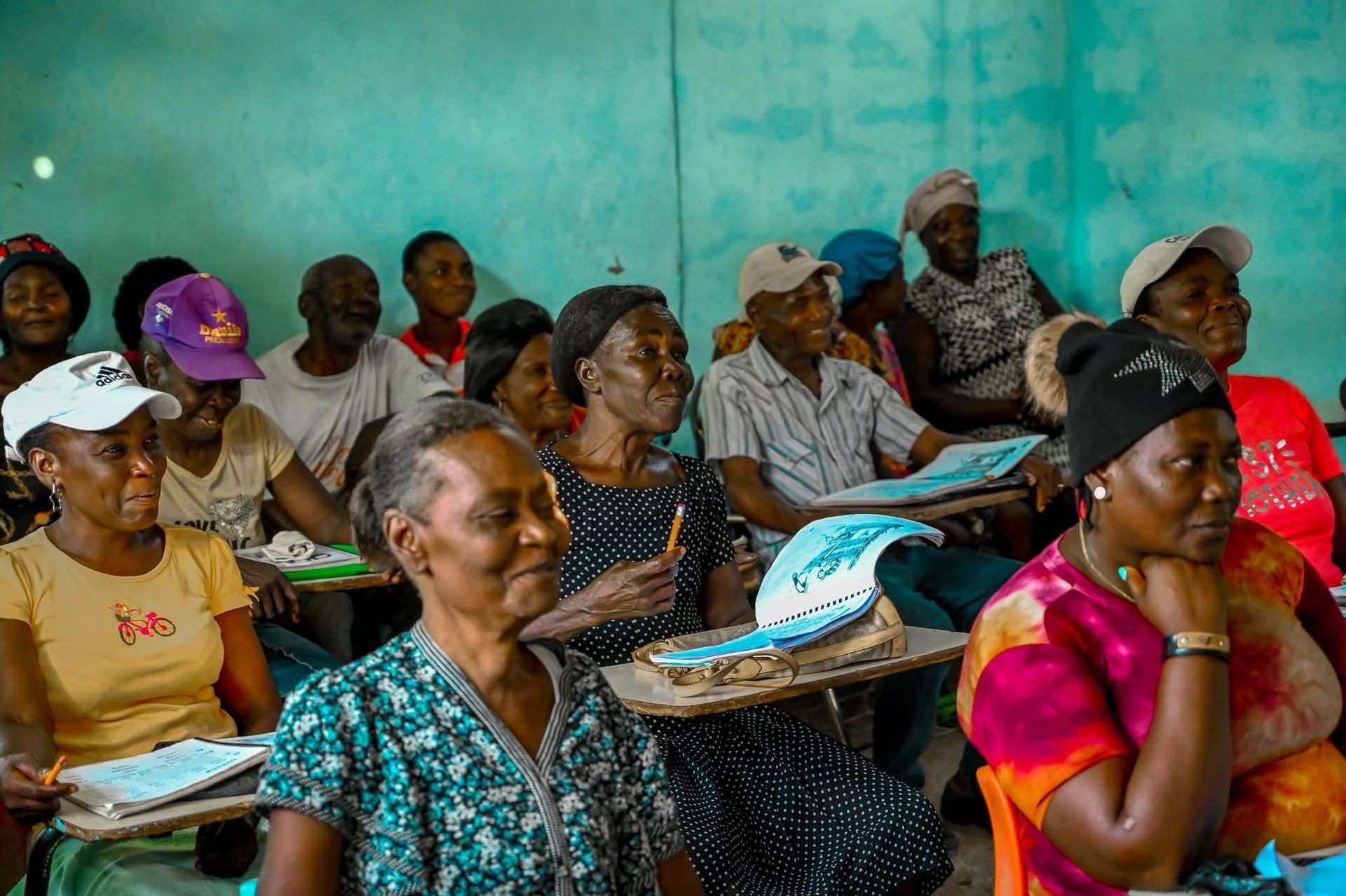Creating Change - the world I want to live in (last chance to register)
Our human rights competition for schools has had a wonderful response. In fact we are blown away by the entries so far across all artistic mediums and from different corners of the world. Thank you to everyone who has entered their school.
There are still a few days left to register your school, by the 1st of June 2022.
What happens next
The deadline for entries is 1st June but in the spirit of fairness we will still accept entries for a few more days up to the 10th June, as many schools are on half term. We have also been notified by DHL that some entries will not arrive until the 10th June due to the Queens Jubilee bank holiday celebrations.
The judges will be getting together on the 22nd June to agree the winners.
The winning entries and the runners' up will be featured in a video and displayed on the Foundation's website and shown at the NEU International Solidarity conference in July and GTU training events in July.
Finally, there will be prizes of art materials for the winners' schools.
Look out for more updates after the 22nd June and thank you for sharing your ideas and learning with our community.
Human rights resources
Our human rights resource will remain on our website on the Resources page for you to use at any time.
From the feedback we have received we are very much heartened to learn that educators will continue to use this resource with their students to look at the impact of human rights on their lives in lessons in the future.
Human rights discussion
We have published a number of video discussions with their transcripts over the last few months which may add to your own discussion on human rights education. Here are a list of blog posts from these discussions.
Human Rights Education Creative Competition for Schools by SSF
Human Rights Education competition: the importance of creativity by Evadne Bygrave
Human Rights Education: we are all duty bound to shine a light wherever injustice arises by Daniel Kebede
The Importance of Human Rights Education in Africa by Augustin John
The Importance of Human Rights Education in the UK by Augustin John
Human Rights Education: a global framework by Audrey Osler




